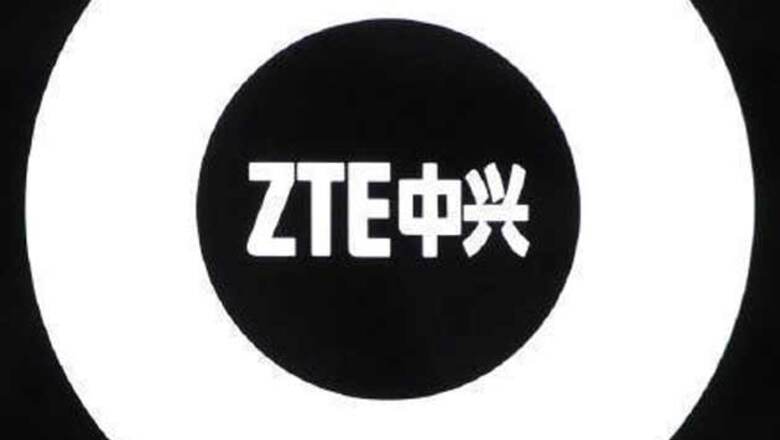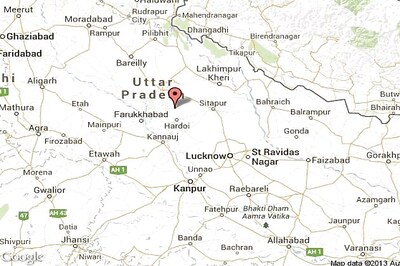
views
New Delhi: China's two big telecoms gear makers, blocked from selling equipment in India, the world's fastest-growing mobile market, scrambled on Wednesday to allay New Delhi's security fears and said they may build factories in the country.
China's ZTE Corp said it had been told by operators it had failed Indian security tests necessary to be able to supply equipment to carriers in India.
China's second largest wireless equipment maker said in a statement it would take a series of measures, and may set up a manufacturing plant in India, to allay Indian concerns.
Larger Chinese rival Huawei Technologies also said on Wednesday it may set up a factory in India.
The dispute, centred on Indian concerns Chinese equipment may have spying technology embedded, risks growing into a diplomatic row between the neighbours, who have long been suspicious of each other and fought a war in 1962.
Prime Minister Manmohan Singh's government has denied any country-specific ban being imposed though it has made it mandatory for telecoms firms to obtain security clearance from the telecoms ministry before placing equipment orders.
"We have no formal information but we are learning from operators that they are asked to submit their equipments for security checks and they have been told that certain companies including ZTE have not qualified in their security tests, have not met security tests," ZTE's India unit Chairman D K Ghosh told reporters.
"ZTE fully understands and respects the security concern of India government and will unconditionally adhere to (its) policies and relative requirements," ZTE Corp's India unit said in a separate statement.
Chinese companies have stepped up a charm offensive in India following concerns about entry restrictions.
ZTE's senior management will meet India's Home (Interior) Secretary G.K. Pillai on Thursday to discuss the security concerns, Ghosh said.
Some Huawei officials in India have also taken Indian first names to "cut the barrier and come closer", a spokesman for the company's India unit said.
GROWING TRADE TIES
India is adding about 16 million cellular subscribers a month, and carriers such as Bharti Airtel and Vodafone's local unit will buy billions of dollars in additional network equipment to build out third-generation networks due to be operational later this year.
Huawei more than doubled revenue from India during the year to March 2009 to Rs 62.4 billion rupees ($ 1.4 billion) and ZTE generated Rs 48 billion in the same year, according to data compiled by technology publisher CyberMedia.
Shenzhen-based Huawei and ZTE Corp have taken on global names like Ericsson, Nokia Siemens Networks and Alcatel Lucent in recent years, winning major contracts in both emerging and developed markets.
The bilateral trade boom has been a mixed blessing for India, now grappling with a deficit in China's favour which ballooned from $ 1 billion in 2001-2 to $ 16 billion in 2007-8.
Lurking in the background of growing trade ties is India's suspicion over China's growing military clout.
Underscoring Indian jitters, the National Security Adviser earlier this year said his computers had likely been targeted by Chinese hackers.
"The government seems to be fencing against the fact that telecoms equipment can be misused and is susceptible to endanger security," said DH Pai Panandikar, head of RPG Foundation, a think tank.
"There is obviously a threat from China. They are the only powerful neighbour," Panandikar said. "But the thing is if you restrict imports from one country, they can also retaliate."
Last year, India directed state-run telecoms firm Bharat Sanchar Nigam not to procure equipment from Chinese vendors in 15 border provinces, citing national security.
ZTE's Ghosh said about $ 300 million worth of orders to be placed by operators in India with various telecoms equipment makers may have been stalled because of the security issue.
The Chinese equipment issue has stirred a row within the government, with dissenting views on whether to impose such strict rules for telecoms imports. Some worry the dispute could dampen booming trade between India and China.
Singh censured a high profile minister this week for comments made in Beijing criticising the government's "paranoid" attitude towards Chinese companies and investments.


















Comments
0 comment